
Six ways Congress should protect the environment in 2023
Environment America welcomed new members of Congress to D.C. on January 3 and asked them to save the bees, advance clean energy and more.
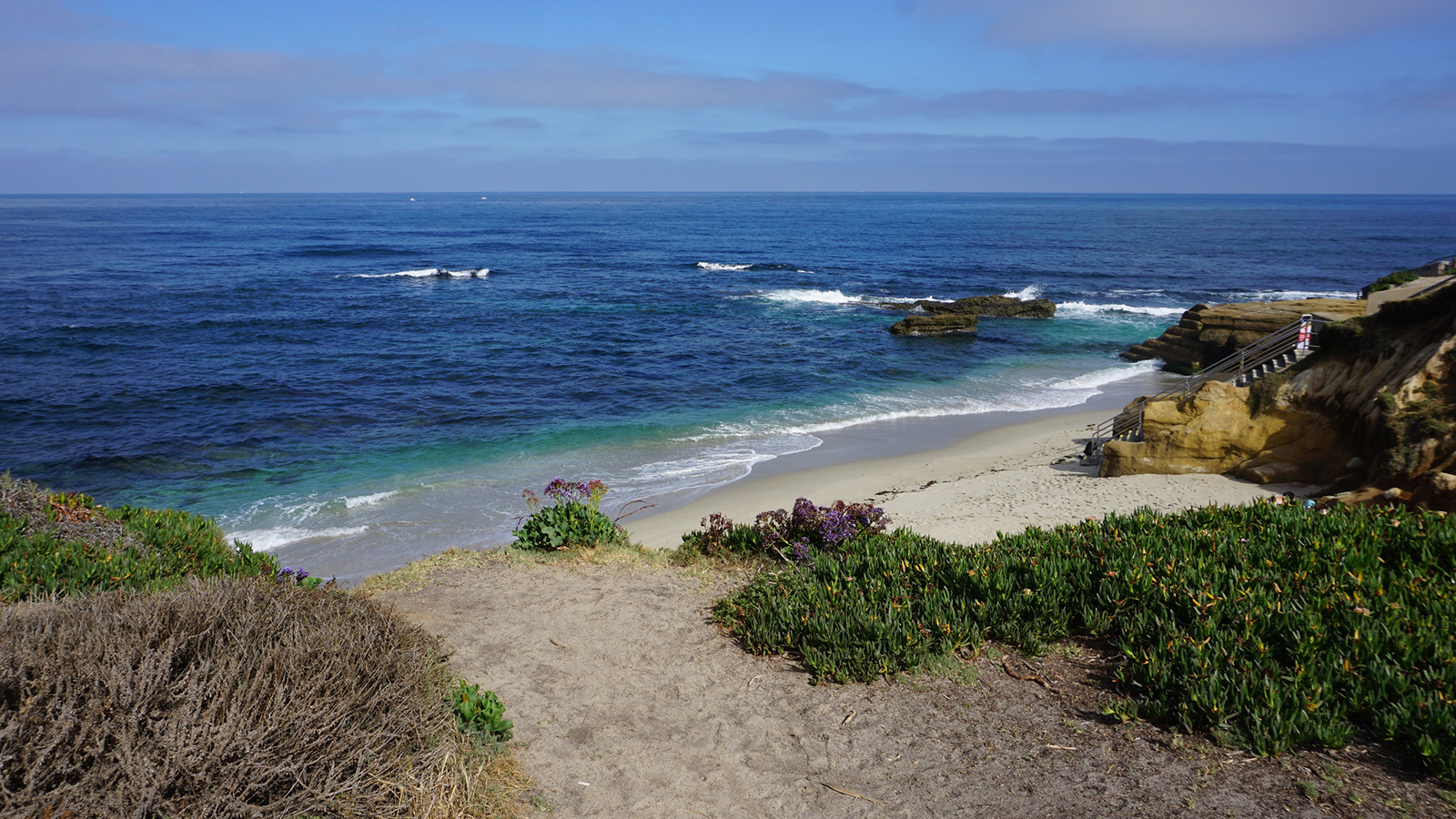
2022 was a banner year for environmental progress in Washington, D.C. The 117th Congress enacted a historic package of climate investments in the Inflation Reduction Act, President Biden created a new national monument in Colorado, and the Department of the Interior announced plans to phase single-use plastic out of our parks.
In 2023, getting results in a divided Congress will be a challenge, but no less important. And, despite polarization, Congress has many opportunities to ensure clean drinking water for all Americans, help wildlife thrive and continue progress in the shift to clean, renewable energy. Environment America’s advocates visited more than 30 new and returning members of Congress in early January to share our priorities and welcome new faces, many of whom come to D.C. already with strong environmental records.
Here are six ways the 118th Congress should protect our environment:
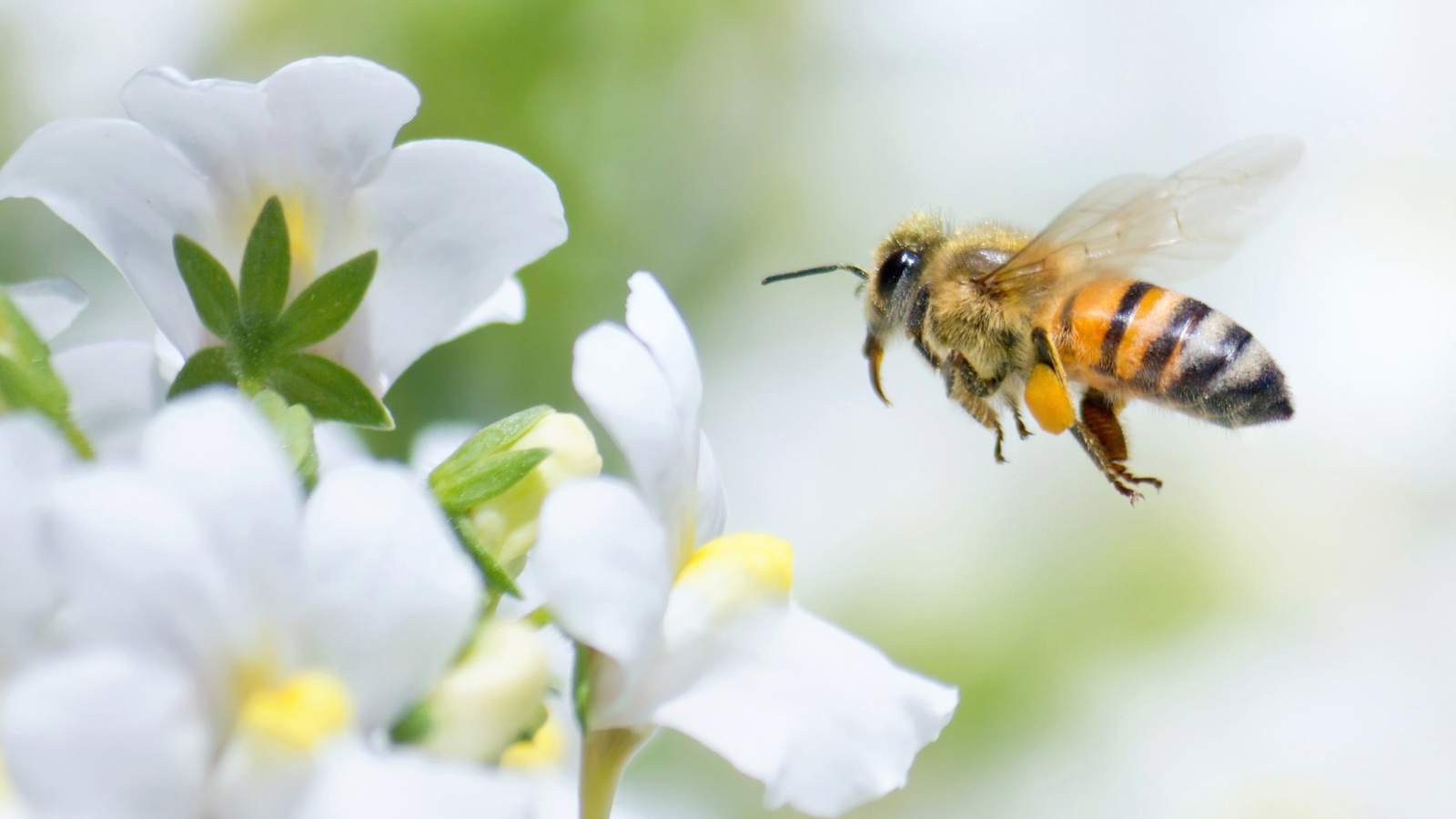
Save the bees: Bee populations are dropping around the world, endangering ecosystems and food production alike. Congress can protect already-existing bee habitat, expand habitat by planting pollinator-friendly plants along roadsides, on military bases and other public lands, and end the worst uses of the pesticides that are killing them. The upcoming Farm Bill provides an opportunity for action. Together, we can save the bees.
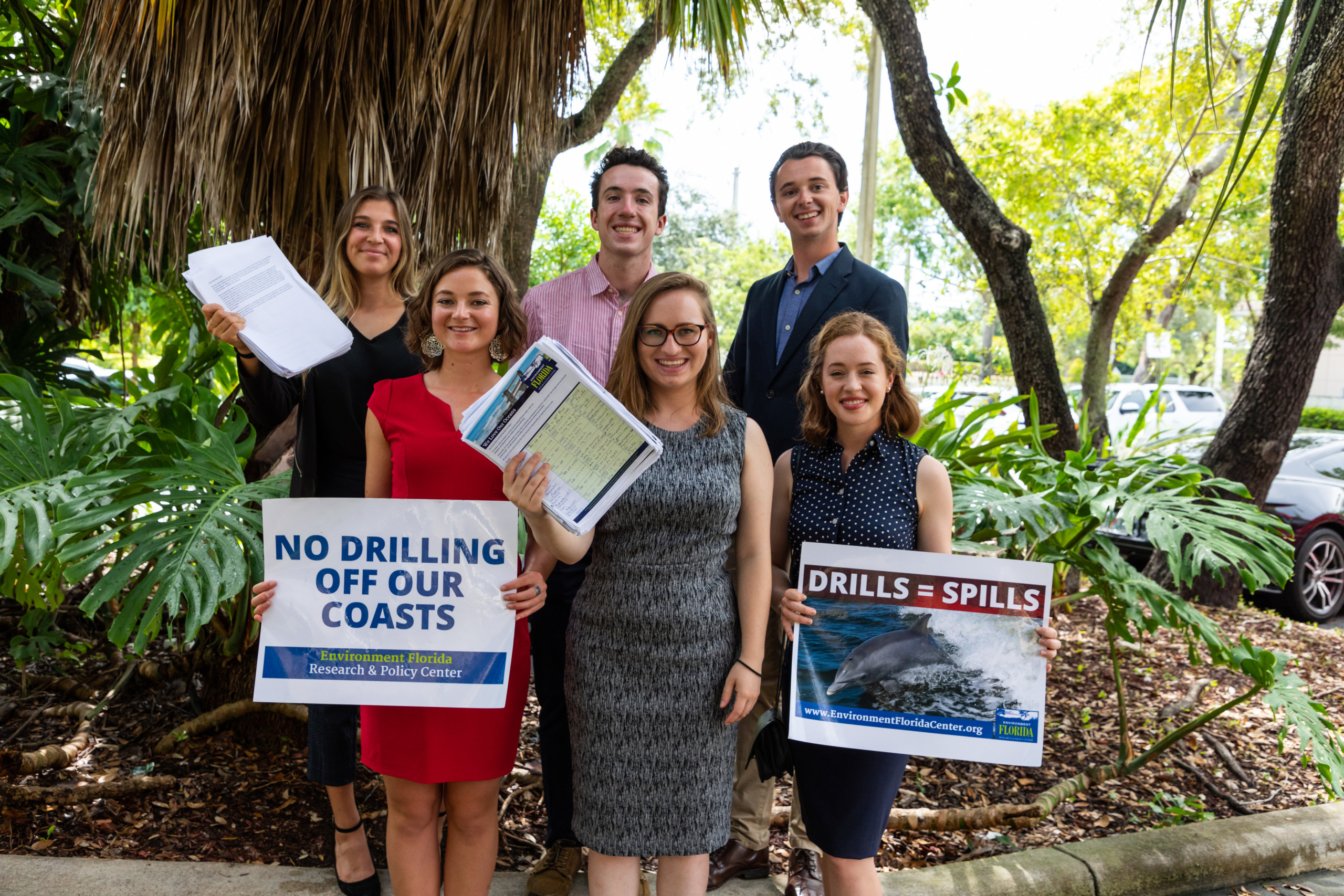
Protect our oceans: Home to diverse wildlife from the smallest krill to the biggest whale, our country’s oceans — and the ecosystems they support — are worth preserving for future generations. We shouldn’t risk our oceans and beloved beaches by expanding offshore drilling, especially with clean, renewable energy on the rise. Congress must protect America’s oceans and coastal ecosystems from efforts to expand offshore oil and gas drilling in federal waters.
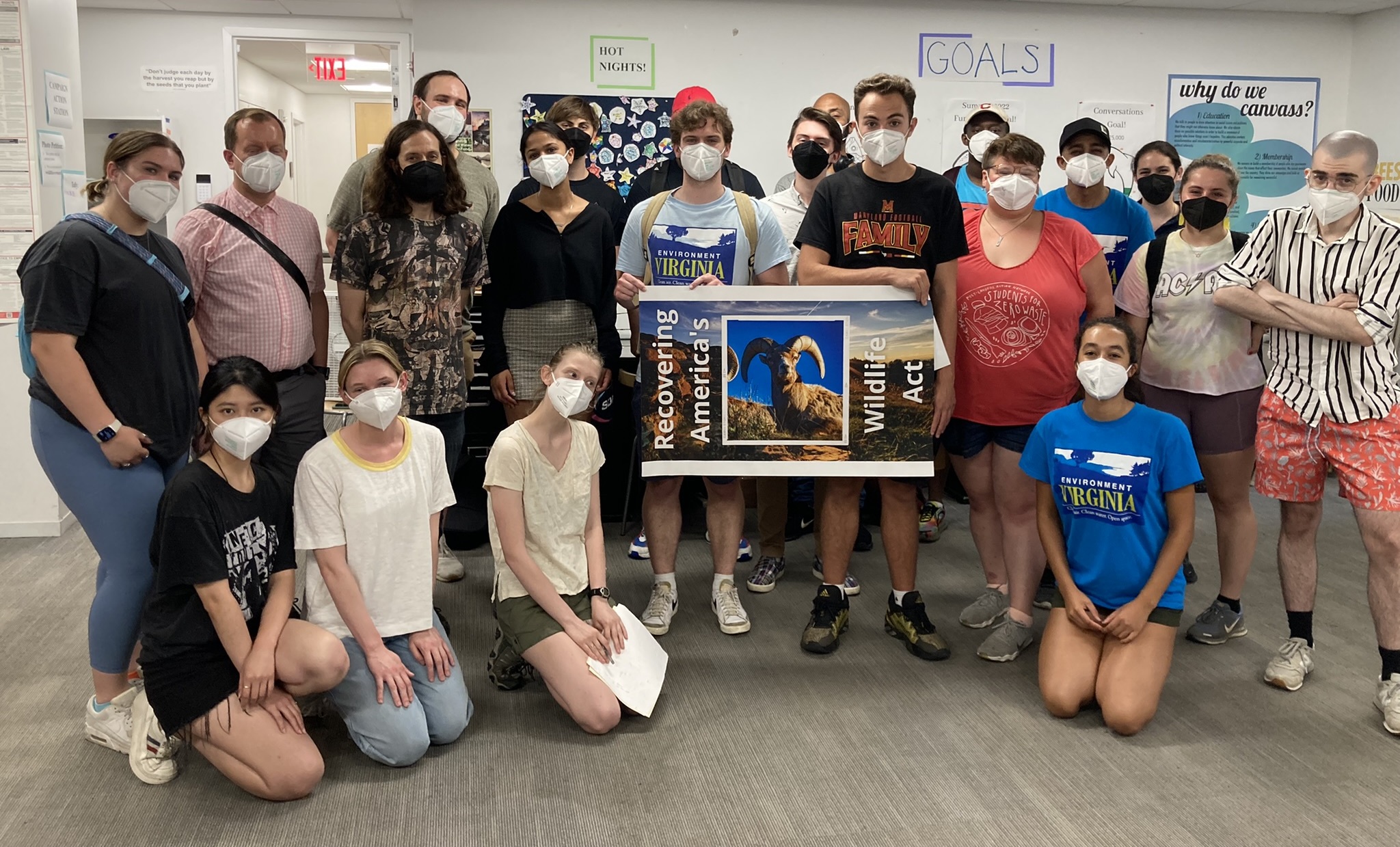
Pass the Recovering America’s Wildlife Act: One third of all fish and wildlife species are at risk of becoming threatened or endangered. Each state has plans to proactively protect their most vulnerable species, known as State Wildlife Action Plans, but without funding, they can’t act. We’re urging Congress to pass the bipartisan Recovering America’s Wildlife Act to help states help species before it’s too late.

Turn off the tap on toxic pollution: From Alabama to Alaska, more than 200 million Americans’ drinking water may be contaminated with PFAS, a class of more than 12,000 toxic man-made substances. The 117th Congress dedicated some funds for PFAS clean-up, but did not address the root cause of the problem. The 118th Congress must pursue legislation to get toxic PFAS “forever chemicals” out of our drinking water and consumer products.
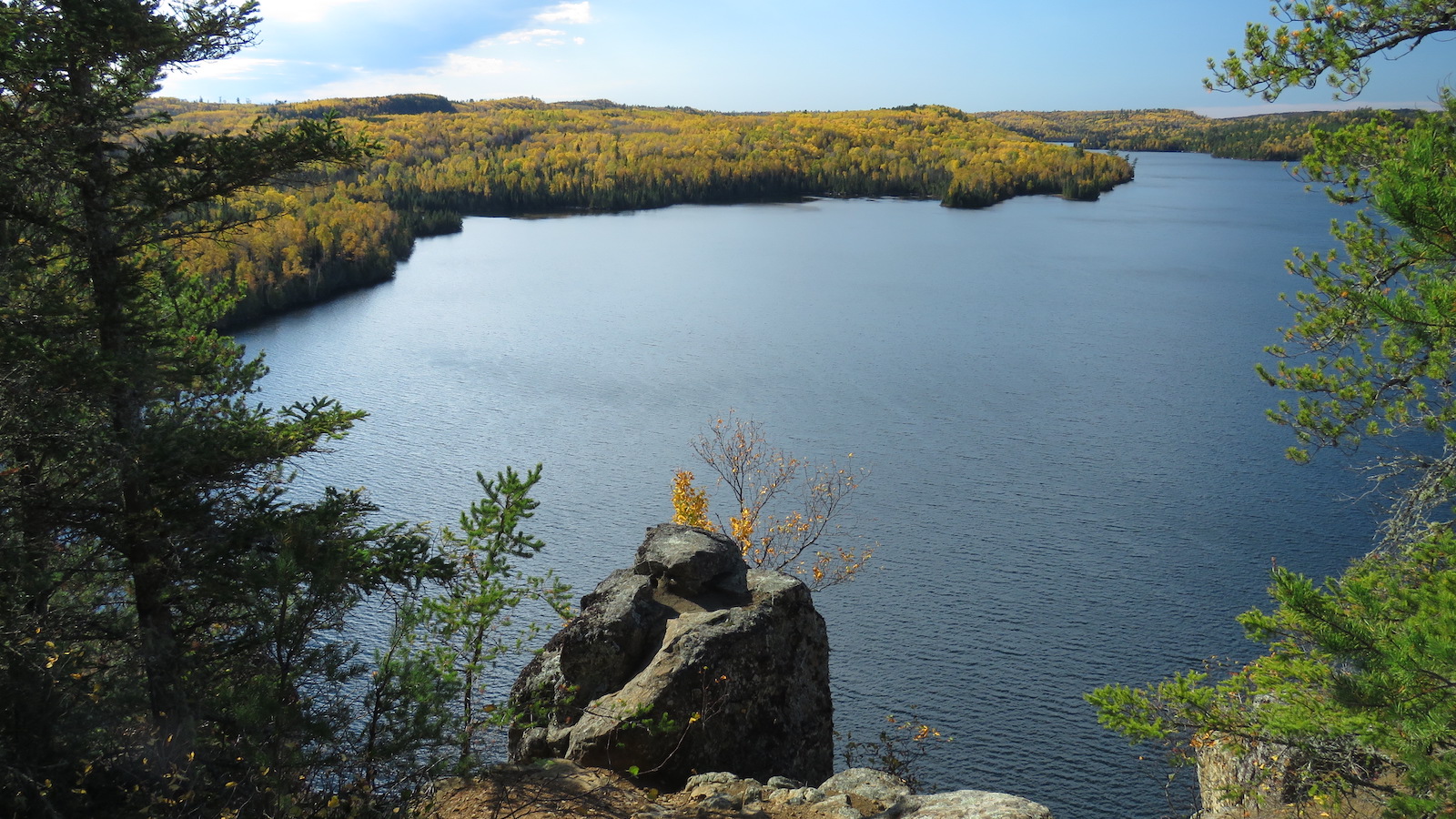
Defend environmental protections: A clean environment is not a byproduct of American prosperity. Rather, a clean environment is the necessary precondition for true prosperity. Congress must maintain and strengthen our bedrock environmental laws including the National Environmental Policy Act (NEPA), the Clean Air Act, the Clean Water Act, and the Antiquities Act.
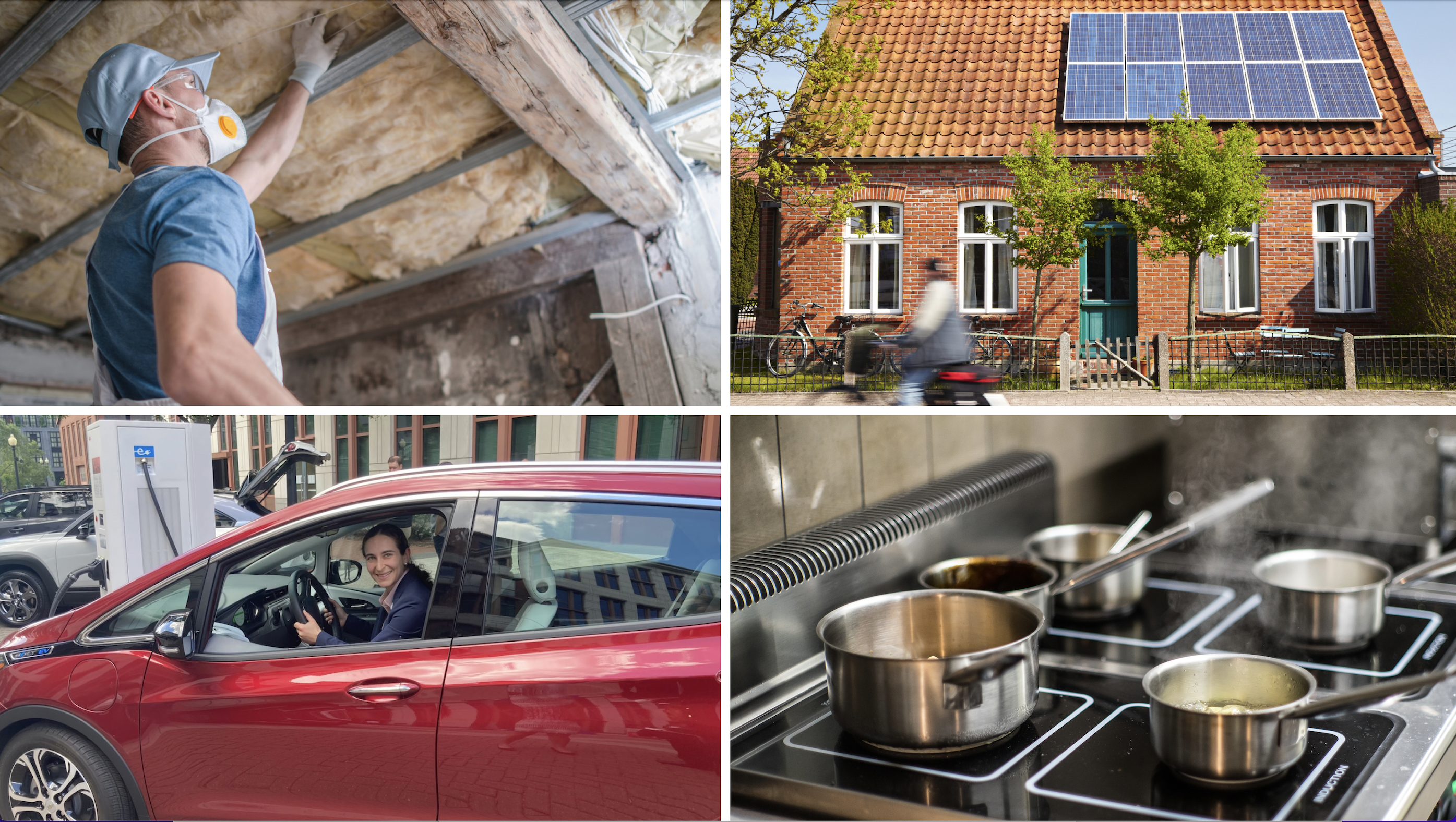
Clean Energy Home Toolkit
Expand clean energy: Members of Congress should educate their constituents about the Inflation Reduction Act’s unprecedented array of incentives for electric vehicles, rooftop solar, heat pumps, electric water heaters and home appliances, and more—thus delivering the massive reduction in climate emissions that the law intends.
Topics
Authors
Lisa Frank
Executive Director, Washington Legislative Office, Environment America; Vice President and D.C. Director, The Public Interest Network
Lisa directs strategy and staff for Environment America's federal campaigns. She also oversees The Public Interest Network's Washington, D.C., office and operations. She has won millions of dollars in investments in walking, biking and transit, and has helped develop strategic campaigns to protect America's oceans, forests and public lands from drilling, logging and road-building. Lisa is an Oregonian transplant in Washington, D.C., where she loves hiking, running, biking, and cooking for friends and family.
Find Out More
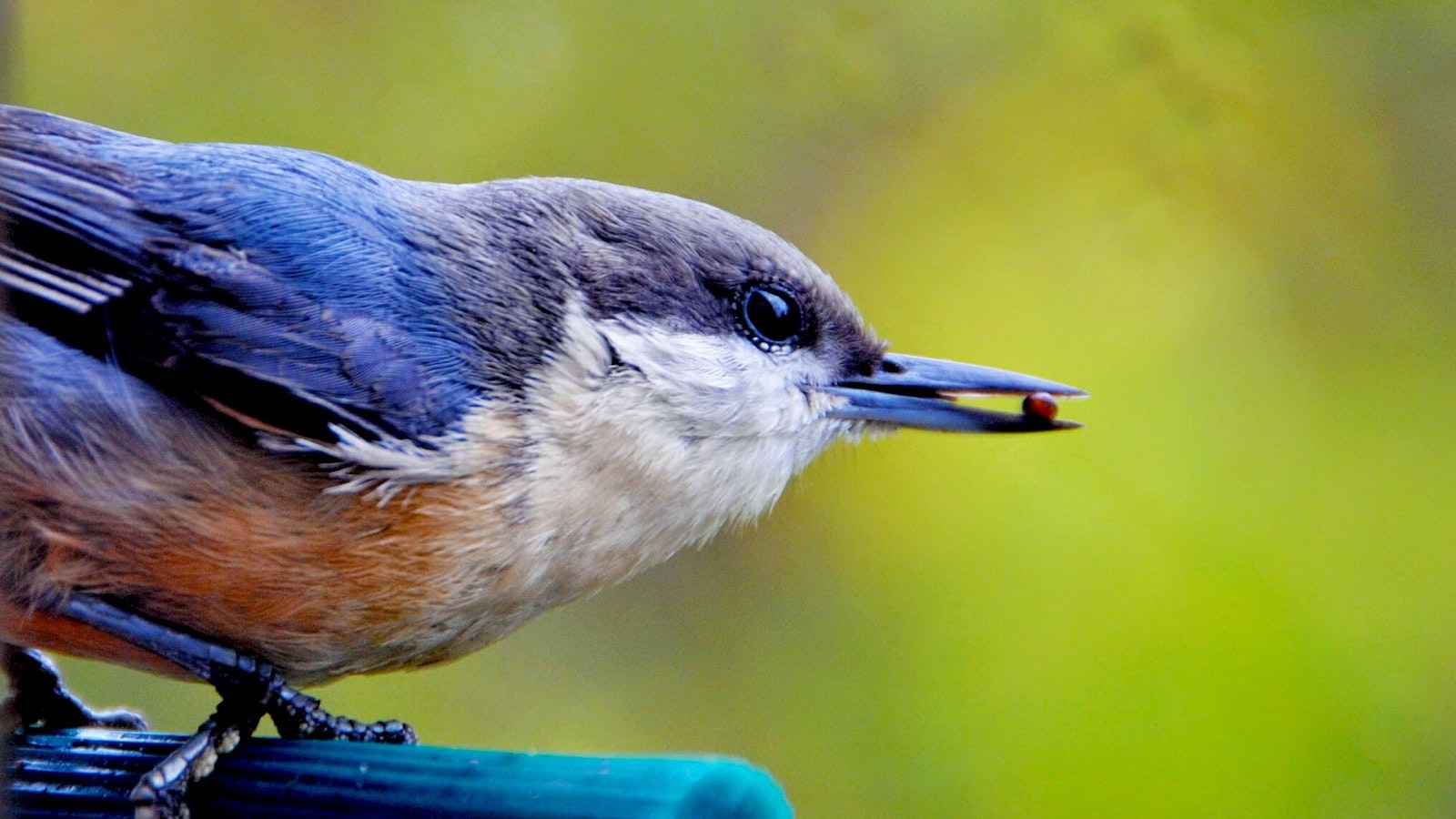
EPA report says pesticides endanger wildlife
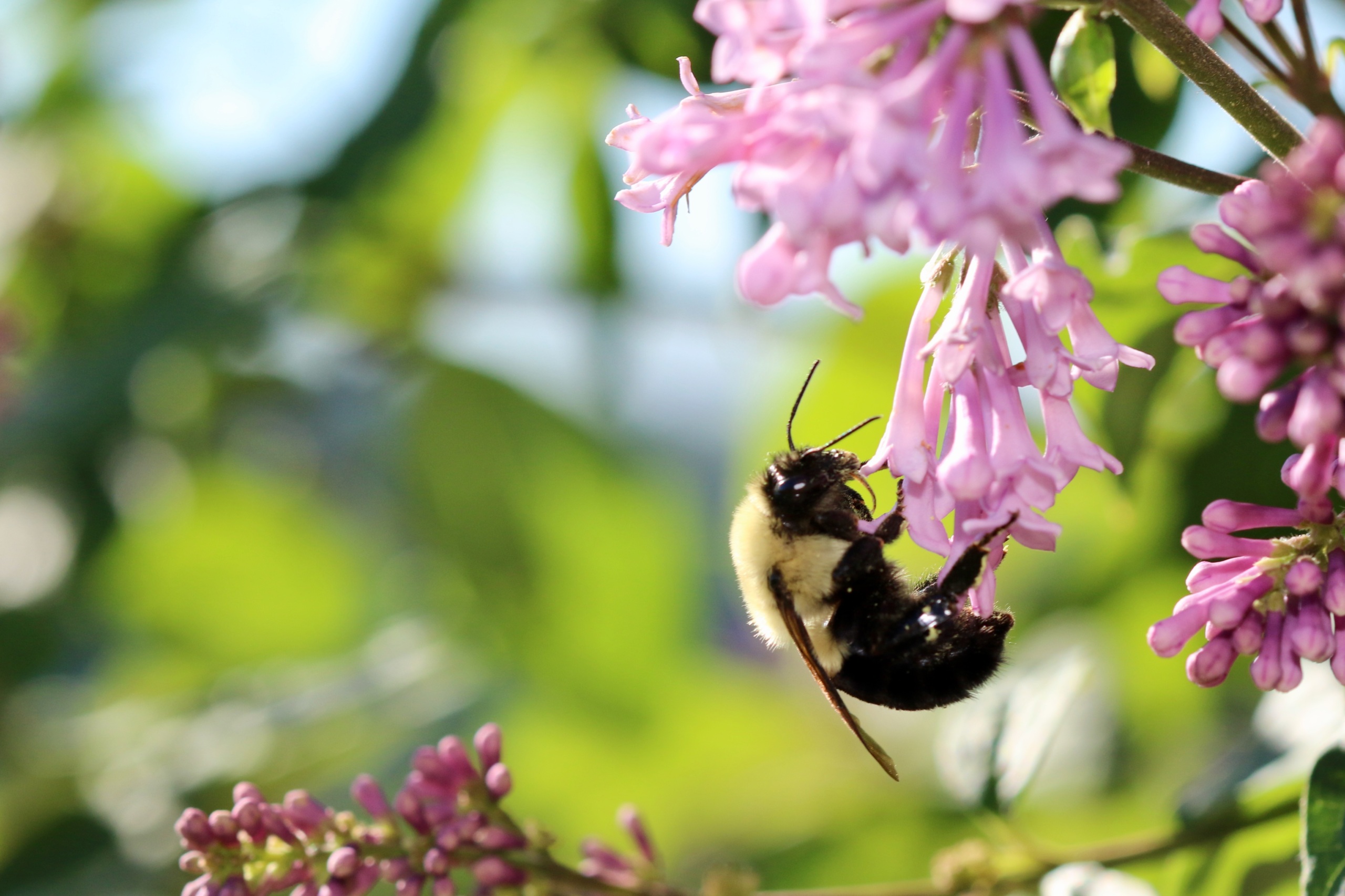
Why we should save the bees, especially the wild bees who need our help most
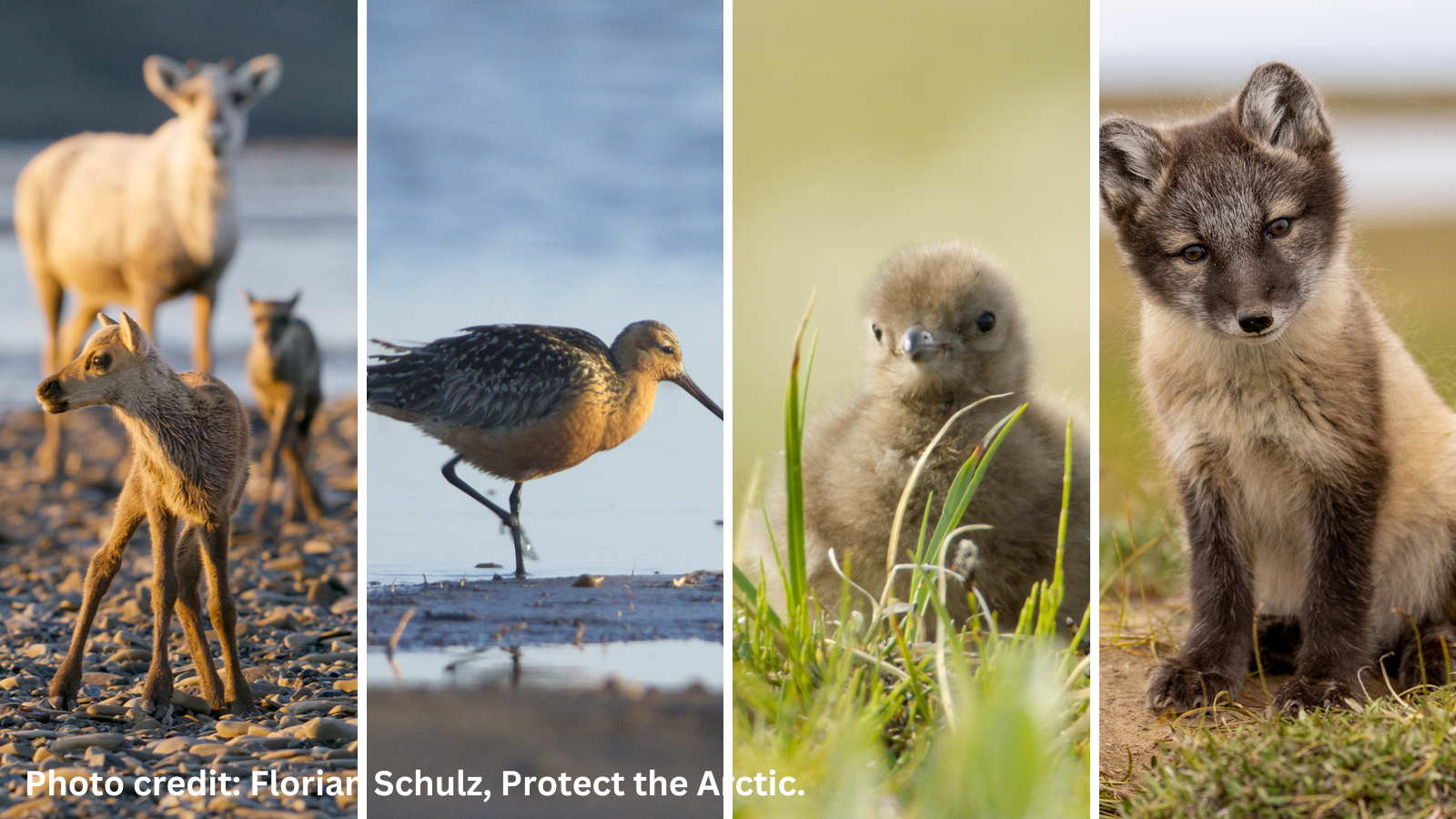
Why Alaska’s NPR-A, site of the Willow Project, deserves protection


